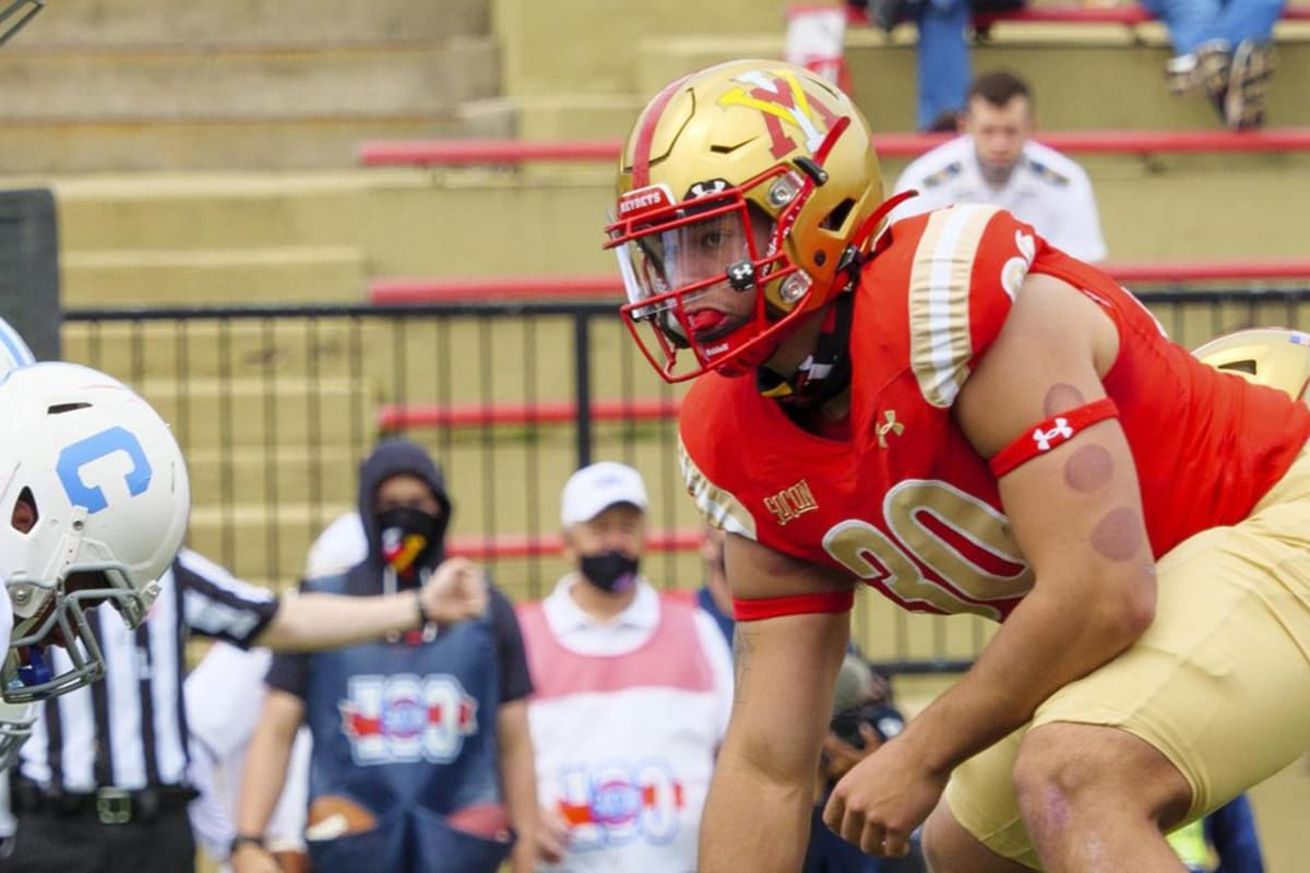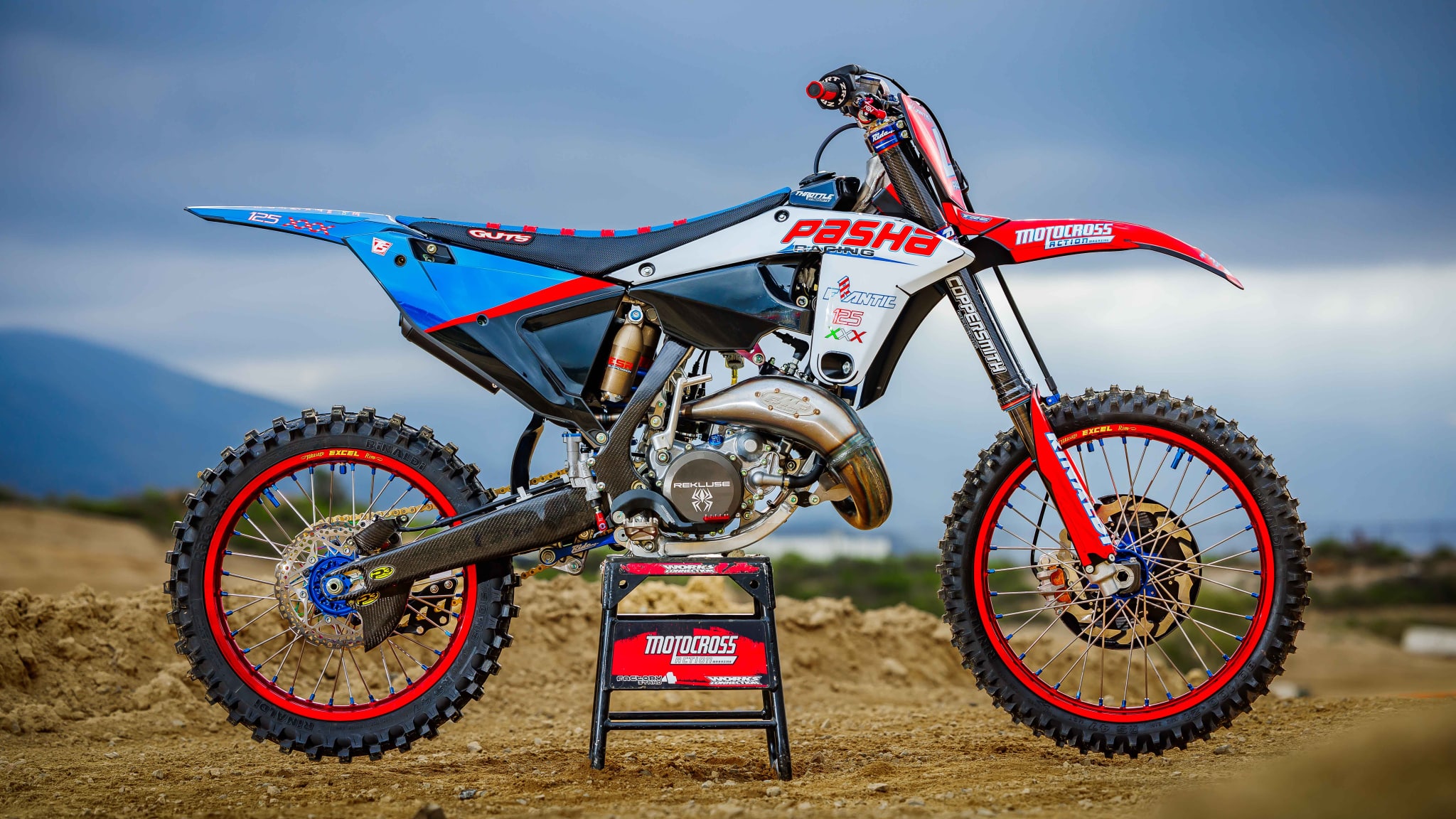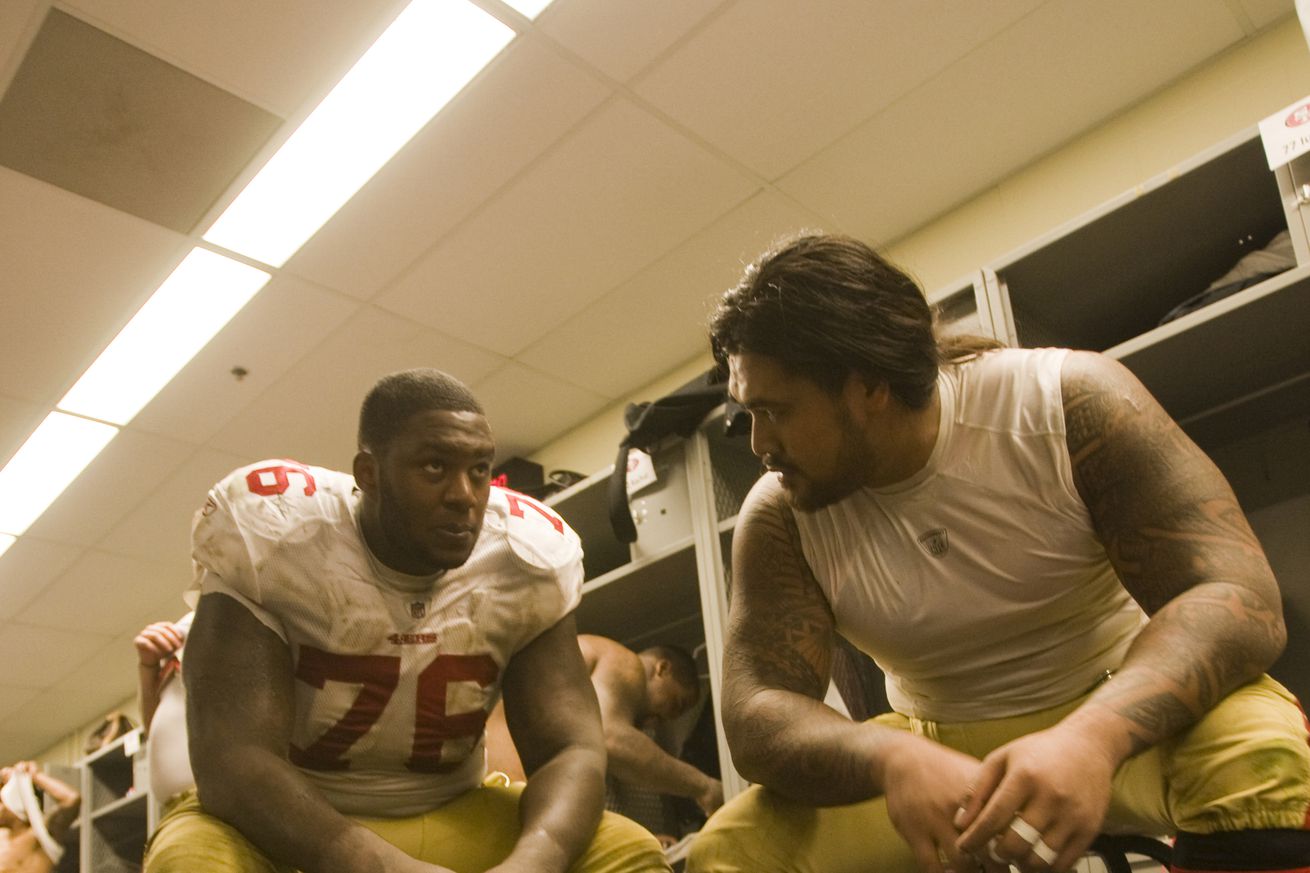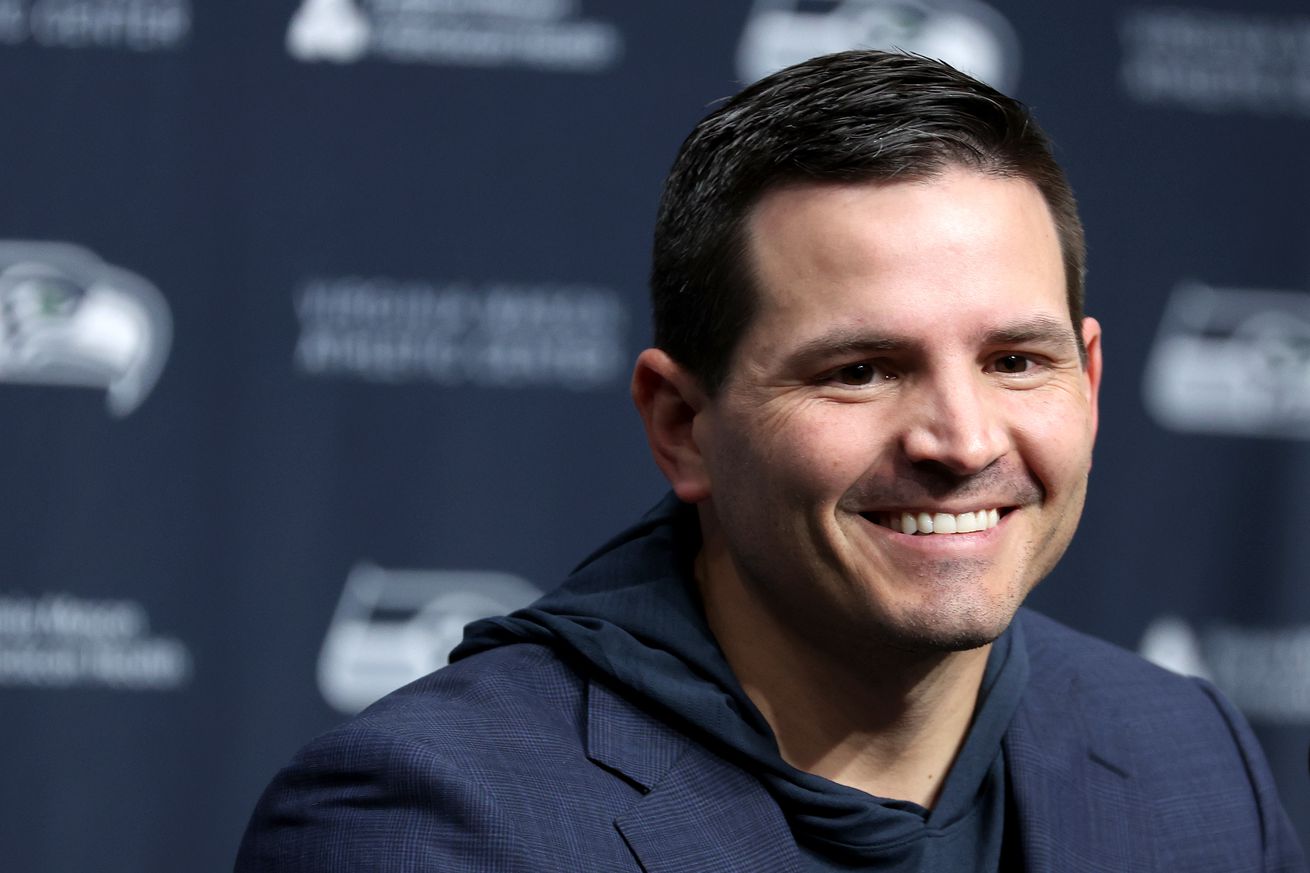
WCG’s lead draft analyst talks to one of the best long snapper prospects to enter the NFL Draft in quite some time.
Stability at the long snapper position can go a long way for an NFL team.
Just ask the Chicago Bears, who had Patrick Mannelly holding the long snapper position down for 16 years without his botching a single snap. His presence was the most stable in an era of high-quality special teams play that saw Robbie Gould and Brad Maynard thrive with him snapping the ball to them. Other long snappers like former Cowboys great L.P. Ladouceur and former Lions stalwart Don Muhlbach provided incredible reliability and stability at the position for over 15 years.
Virginia Military Institute long snapper Robert Soderholm III has the chance to join those names in longevity and accomplishments.
With five years of tape, four All-American awards and two first-team All-SoCon awards to his name (they didn’t award the all-conference honors to long snappers prior to 2021), Soderholm is an accomplished long snapper who hasn’t botched a snap at the collegiate level.
What separates him from the average long snapper prospect isn’t just his snap velocity or accuracy, of which he has plenty. Rather, it’s his tenacity as a blocker and his value as a punt coverage defender that makes him one of the most sought-after long snapping prospects to enter the draft in quite some time.
VMI hasn’t had a player drafted into the NFL in over 30 years, but Soderholm has a strong chance to break that streak. I had the chance to speak with him about his upcoming trip to the Senior Bowl, his mentality as a blocker, how he became a long snapper, and much more.
JI: Congratulations on your invitation to the Senior Bowl. You’re the first VMI player to make a SB roster since 1989. What does the invitation mean to you, and what does it mean to represent your school on that big of a stage?
RS: It’s a huge thing. I’m very grateful, I’m very blessed. One thing that it means to me is, I’ve always thought anything is possible, coming from any environment. I think it’s really about how you choose to take advantage of your own time and how you choose to manage that time, no matter what environment, whether you’re going to Alabama or you’re at a senior military college.
To be able to be the first guy in just about 30 years to get a Senior Bowl invite from the school means a lot, because it puts me, per se, in any kind of stance, whereas I’m able to be a leader for a lot of these younger guys. As a long snapper, you’re not generally known as a leader in a football team. The guys that presented them, you can come here, and you can be able to, as an athlete — most of the time historically, VMI has been known for losing. Now, more recently, we’ve won the SoCon — so that showed people that we can win here, as well. Just being able to demonstrate that you can be an elite athlete here, I think it gives a lot of the younger guys hope that maybe they didn’t make a poor decision.
As you know, we [have] one of the highest number of kids in the transfer portal at the moment. That’s not really due to anything that is involved with the program…but that’s more so because we just don’t have the graduate program. One of the things that I chose to do was have chose to come back here for my last year of eligibility my COVID year. Being able to be successful out of a place like this just makes it that much sweeter, as opposed to like a big FBS school where they regularly get scouts and regularly get invites. I feel like it makes it that much smoother.
JI: How did the whole process of getting a Senior Bowl invite come about?
RS: Yeah, so I don’t think it started with the Senior Bowl. I think it started with, if we really go back to it, I think it really started [when] I got the Hula Bowl [invitation] halfway through the season. I might have been one of the first players to get invited to any bowl game. Not 100% sure about that, but definitely was one of the first people overall. I think getting that Hula Bowl invite really began to get the ball rolling. Then, eventually I got the NFLPA [Collegiate Bowl] and then the Senior Bowl…I knew that they had [UCF long snapper] Alex Ward invited, but I knew they didn’t have another snapper. [Senior Bowl Executive Director] Jim Nagy called me one day and said, “Hey, you’ve marketed yourself brilliantly.” I had this Google Doc with my film from all four seasons of my All-American seasons just out there getting passed around between scouts and Jim Nagy, and I think I think that was a big help. But he just called me on Thursday afternoon was like, “Hey, you want to come to the Senior Bowl?”
JI: What made you wanna be a long snapper? I feel like there’s gotta be some sort of interesting story there.
RS: Yeah, so I played linebacker in high school. I was a halfway decent linebacker my senior year, but I didn’t really make varsity by being a linebacker. I squeezed my way onto varsity via special teams, kickoff return and punts. That’s because I played center since fourth grade. In middle school, I was like 185 and 5’8” in middle school. I was in sixth grade or seventh grade, and [the doctors] were like, “Yeah, you’re gonna be huge.”
When I got to high school, I plateaued; my height stopped with 6’0”. It wasn’t really ‘til my junior, senior year that I really began to take it seriously. I had some offers some DII — I was talking to Wingate, places like that — and a bunch of DIIIs. I think, “maybe football really is a thing for me”, because my father earned everything that he has today, [and] he told me to do the same. I really saw [football] as a means to pay for school, potentially. When I didn’t have any DI offers or any offers to any schools that I wanted to go to educationally, I got an ROTC scholarship. I got into VMI, and shortly after, [then-VMI head coach Scott] Wachenheim messaged me on Twitter was like, “Hey, I’d love to offer you a preferred walk-on, you [have the chance] to start as a true freshman, and I ended up doing a visit. I started as a true freshman on field goals, and it wasn’t until my sophomore year that I’d be starting [full-time].
JI: That linebacker experience shows in your punt coverage, from your tackling ability to your ability to execute assignments in pursuit. What’s something about punt coverage as a long snapper that the average fan might not know you have to keep in mind?
RS: For one, because we do a pro-style scheme where the long snapper is responsible for blocking. If there is no heavy A-gap rush and it’s more of a hold-back type of rush, we have some of our best open-field tacklers including [VMI linebacker] Stone Snyder on the unit. I would be responsible for picking for them, which is basically hitting the guy that’s trying to hold them up off of that. At the end of the day, Stone is going to be able to tackle better in open space, and so I try and pick for my guards.
Once we get out in the coverage, you fan out, you maintain your lane. We try and implement this concept where we try and squeeze and force the net. You never really know whether or not you’re gonna make the tackle [or if] the guy next to us can get the tackle. So long as everyone’s in their lane that we get down in coverage where the returner’s gonna have to go one way or another, It will come into your lanes, and we’ll force them into another lane.
I remember I had a play against The Citadel last game: just me and the returner in open space. I got down into coverage a little bit early, and our gunners weren’t necessarily [there]; I was even with with our left side gunner. I just broke down and forced them to the left, which was straight into our returner and got almost all of that on that punt. It’s a crucial aspect to our job, because I know, especially at the next level, it’s gonna be a lot harder to tackle those guys in open space. I’ve had experience against people like Montrell Washington, who’s the returner for the Broncos right now. Seeing him in open space, usually the concept we always had whenever we’re going against the guy like him is like, nobody’s there to make the tackle. Everyone’s there to force him into someone to make the tackle. When we apply that concept and apply that pressure, we minimize his returns.
JI: I’ve never seen a college long snapper have as many punishing blocks as you’ve had. Can you speak to how you developed that ability and how it gives you an advantage over the average long snapper prospect?
RS: Yeah, since we do a pro-style scheme…it’s not pure pro-style where it’s man; it’s more of a zone where everyone’s responsible for a gap. But it definitely gives me an advantage because I’ve been doing it at the FCS level for the last four years and practicing it for the last five. Developing that has been a culmination of getting extra work with our tight ends coach [Chris Moore] who used to play offensive lineman at William and Mary, getting tips and tricks from various o-line coaches over the years on how to block, as well.
I’d say just endless reps of practice, and repetition over and over. Practicing that arm and getting work in during practice against our linebackers on the sideline, just working on what to do when your beat, like if you snap the ball and the guys are going parallel with you, then you get back into your lane and prevent him from getting through to the partner. Working this one technique, I like to call it “holding the water”, so keeping your hands inside and not shooting your hands out until he kind of comes to you, making sure you take the appropriate amount of steps so that, when you plant that last foot into the ground, you can explode, and as you said before, kind of pancake the guy and knock him over.
I feel like that right there, it’s probably the most satisfying thing. Being a linebacker, I did it because I like to hit people. I play football because I like to hit people. I ended up with a long snapper position, but it doesn’t mean I can’t be physical. It doesn’t mean I can’t enjoy myself, and I think I think putting a special teamer — which is potentially like a backup linebacker or a starting linebacker on their butt is probably the most satisfying thing ever, because the last person they expected to come from is the long snapper.
JI: How do you spend your free time outside of football?
RS: There isn’t much to do here at VMI, especially in-season. I think what has separated me more than anything is, I would make sure to spend a good portion of my free time getting extra training. On Thursdays, I know our old strength coach used to always have an extra lift on Thursday, [I’d] almost always go to that extra lift, getting in rehab — not just rehab for any small, little injuries, but the preventative stuff to make sure I stay healthy throughout the year — is very important. Not just hitting the ice tub because you’re sore, but hitting the ice tub because it’s what’s good for your body. Not having a lot of free time here. Most of the time, I spend my free time getting extra work in. Occasionally, I like to play a little bit of Call of Duty. I’m just your average college kid. But partying isn’t really a thing [at VMI], so usually, I would tend to spend my time in a more productive manner.
JI: Let’s say I’m an NFL general manager. What would I be getting if I drafted you to my team?
RS: You’d probably be getting the most polished, experienced blocking snapper in the last four or five years. Having that experience blocking, having the athletic ability I do in coverage I think gives me a huge advantage even over some free agents who don’t have blocking experience outside of a rookie minicamp or maybe one or two bowl games. Being able to say that, on tape, I’ve done it for for years literally gives me huge advantage. I think that shouldn’t go unwarranted.
I might not be the tallest guy, but I’m definitely the most physical. If you watch a lot of my tape, there’s a couple plays you wouldn’t say were great, but there’s plays where I definitely seek out contact. I’m not the guy that shies away from it. I didn’t play long snapper because I’m afraid of [contact]; I play it because it’s kind of where I ended up. I’ve really taken full responsibility of that role in hopes of not just eventually earning a scholarship, which I did, but making it to the next level.



















You must be logged in to post a comment Login